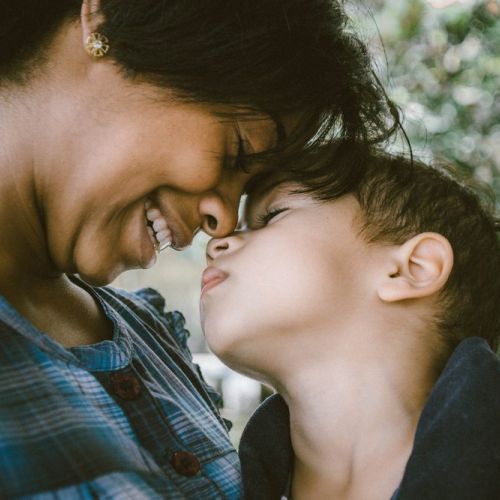From Cure Cancer grant to global impact: Prof Angela Hong’s journey in HPV and sarcoma research
How early funding helped shape HPV-related cancer prevention and advance sarcoma treatment
By The Cure Cancer Team | 2 July 2025
Every year, thousands of Australians are diagnosed with HPV-related head and neck cancer, yet few realise that today’s prevention efforts were shaped by early research, including the work of Prof Angela Hong – a Cure Cancer alumnus. Her story highlights the power of supporting emerging cancer researchers - a mission that Cure Cancer has championed since 1967.

In 2006, Prof Angela received her first major research grant from Cure Cancer. At the time, she had just completed her specialist training in radiation oncology and was eager to explore new research ideas. The grant enabled her to study a subset of head and neck cancers linked to HPV - a virus better known for causing cervical cancer.
Her team discovered that patients with HPV-related oropharyngeal cancer had better outcomes compared to those with cancers caused by smoking or alcohol. The key reason? Their tumours were more sensitive to radiation therapy.
Prof Angela’s research didn’t stop there. She also modelled the potential impact of vaccinating boys against HPV, showing that it could significantly reduce future cases of HPV-related throat cancer. This work contributed to the Australian government’s decision to extend HPV vaccinations to boys, a critical step in cancer prevention.
“Our research showed that vaccinating boys could significantly reduce HPV-related throat cancer cases - and now, it’s a national prevention program.”
From HPV research to sarcoma and melanoma breakthroughs
After her early work on HPV-related cancers, Prof Angela shifted her focus to some of the most challenging cancers - melanoma and sarcoma.
Sarcoma is a rare and aggressive cancer that can affect children, teenagers, and adults. Despite making up only 1% of adult cancers, it is the second leading cause of cancer-related deaths in teenagers. Due to its rarity, conducting large-scale clinical trials is difficult, requiring global collaboration.
Today, Prof Angela is a leading voice in sarcoma research, serving as:
- Deputy Chair of the board of directors of the Australian & New Zealand Sarcoma Association and the chair of its Scientific Advisory Committee
- Leader of clinical trials on radiation and immunotherapy combinations for sarcoma and melanoma
- Chair of Australia’s national Clinical Practices Guidelines for Management of Sarcoma Working Party
- Her work ensures that patients receive the most effective, evidence-based care, while advancing new treatment options through international research partnerships.
“Sarcoma research requires global collaboration - without it, we simply don’t have enough patients to conduct meaningful trials.”

Why funding emerging researchers matters
Prof Angela’s journey is a powerful example of why funding early-career researchers is crucial.
Many emerging scientists struggle to secure grants, and without early support, they may leave the field entirely. Cure Cancer’s funding kickstarted Prof Angela’s research career, allowing her to build a foundation that led to national health policy changes and global clinical trials.
Even today, nearly 20 years after her first grant, Prof Angela is still applying for research funding - a testament to the ongoing need for support in the scientific community.
You can be part of the next breakthrough
Cancer research takes time, dedication, and resources. Every breakthrough - from HPV-related cancer prevention to new sarcoma treatments - starts with an idea, but those ideas need funding to become reality.
By supporting Cure Cancer, you help ensure that emerging researchers get the chance to make life-changing discoveries - just like Prof Angela Hong did.
You can help fund the next generation of cancer researchers.





